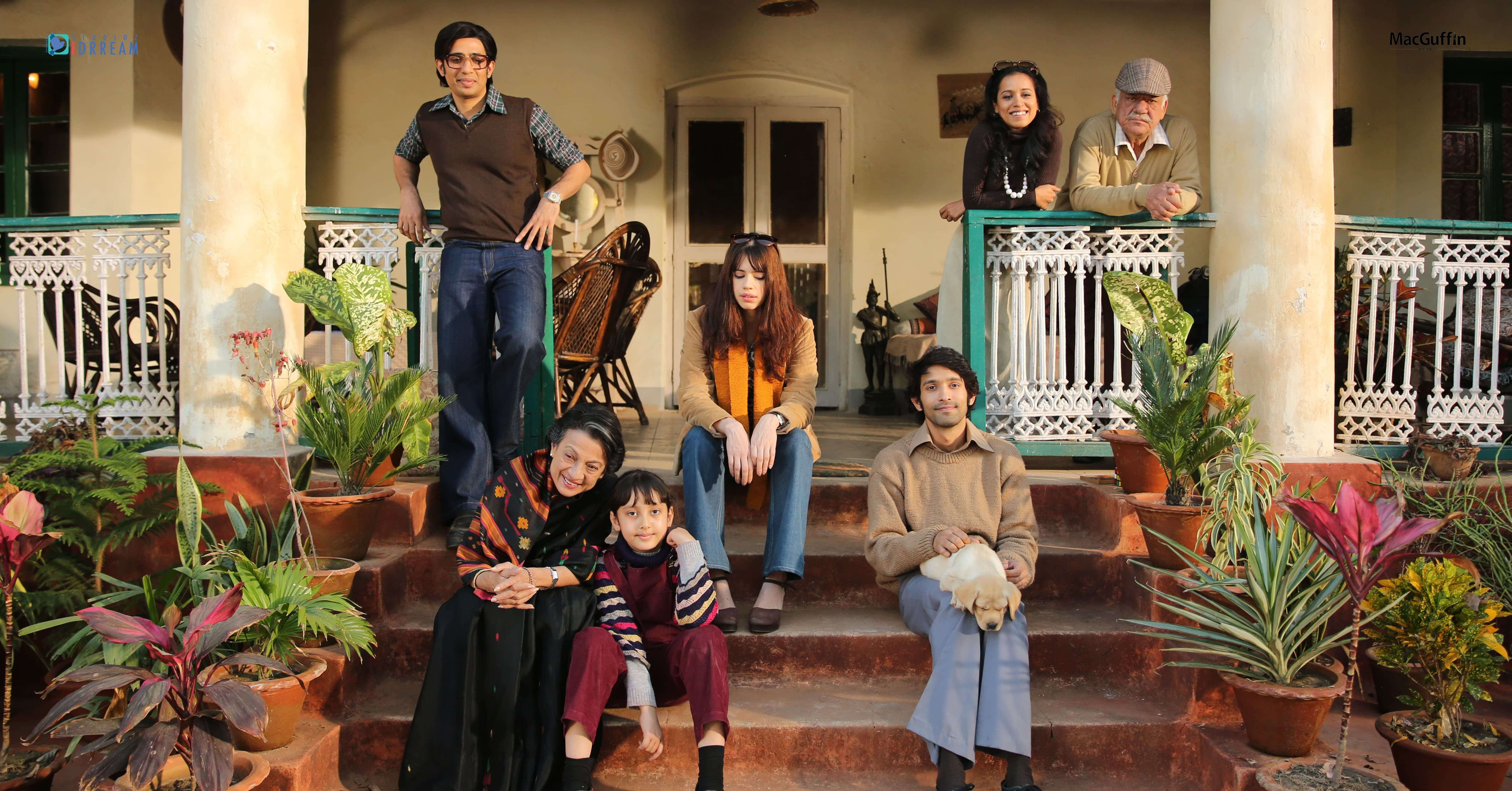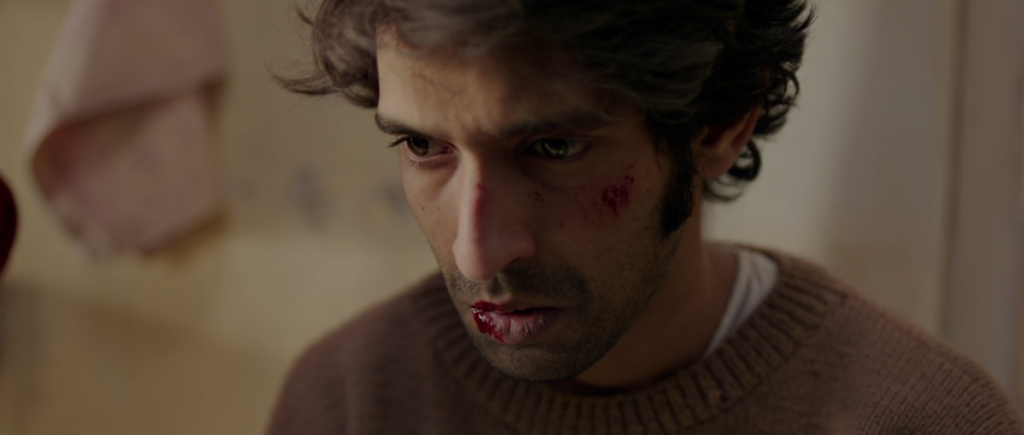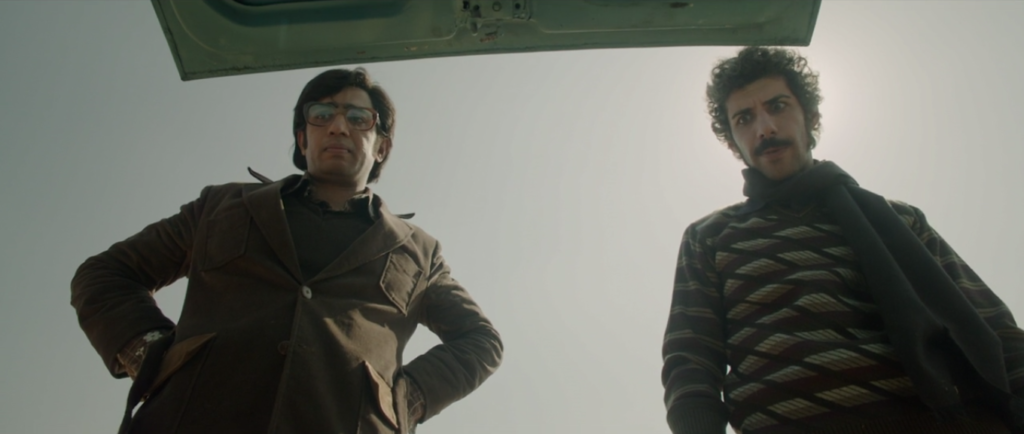A Death in the Gunj is an intricate character study, confidently told by first time director Konkona Sen Sharma.
In the winter of 1978, a happy elite Bakshi family meets their parents for a reunion, who live at a remote place called McCluskiegunj, somewhere in the Chota Nagpur region at present Jharkhand. The husband Nandu (played by Gulshan Devaiyya of Hunterrr fame) is an accomplished big boy of the family, well settled at Calcutta with his wife Bonnie. Ranvir Shorey’s Vikram is a local family friend from a royal family, who is brazen in his demeanor. He loves his masculinity (read Enfield bikes and flirting with women), which gets threatened easily, like losing a Kabaddi match or when someone jokes about his balls. Kalki’s Mimi is a friend of Bonnie, jealous of Vikram’s marriage, on whom she had something more than a crush. But central to the story is the character Shutu, cousin of Nandu, a misfit in this collection of successful and unabashedly flamboyant characters. He has a profound love for language, but studies applied mathematics. He sniffs the sweaters of his recently passed father for traces of love. He is at the fringes of the family, almost invisible to others (the metaphor in the last scene was spot on), stutters in front of brash confident extroverts. His only call comes in times of menial jobs or when jokes need to be made at the expense of someone.
Vikrant Massey plays Shutu with low-key brilliance
Shutu might have been a great puppy to pet, but as a fully functional adult human being, he is of not much worth to the family. (Ironically he ends up like one the pets of the family, lost and forgotten). Either you feel pity for him or you find him pathetic, based on the kind of person you are, and he has no way of realizing his true worth in this world laid down by the societal norms. Bakshi family reeks of Anglo elitism, they treat the house servants and locals as second class citizens, but talk derogatorily of Mimi as “these foreigners you know, always seeking attention.” Oh, the irony!
Gunj’s screenplay and dialogue writing is spot on and truly believes less is more. The heartlessness of this apparently warm family is brilliantly exposed by a short conversation about the continuous deaths of pets due to negligence. In another piece of brilliant writing, Mimi tells Shutu “You’re pretty. You could be a girl”. Konkona leaves many things unsaid; leaving clues here and there, to explore the psyche of Shutu. The kabaddi game was a hat tip to the memory game from Satyajit Ray’s “Days and Nights in the forest”, but the lack of editing prowess failed to immortalize it like the later. The cinematography could have been better but kudos for the last few minutes of the film along with the end credits. With such a strong script and direction, if the frames were infused with meaning, this would have been a flawless film. Also, special mention to Konkona starting her directing career with a trunk shot!
Konkona started her directing career with a trunk shot
Gunj can also be explored from the POV of Shutu’s loss of innocence – a man lost in the pages of fantasy, preserving moths, burying dead ants with his 8-year-old friend; who then tries to realign himself with adulthood and in the process loses the only thing which he had to cherish, his friendship with Tani. The process of coping up with adulthood is extremely disorienting, and builds up to the neurotic climax, which though not a surprise, works out brilliantly. The film uses Chekhov’s gun principle quite literally and blood sheds on the family tree (again, literally). The actual wolf in the story doesn’t kill Shutu, the insensitive human wolves do.
Konkona’s Gunj is a scathing critique of the culture of casual bullying and the absurd monochrome societal demands of masculinity, something to which we have already succumbed to, at some point in our life, and whose corpse we carry somewhere in the trunk of our mind.




